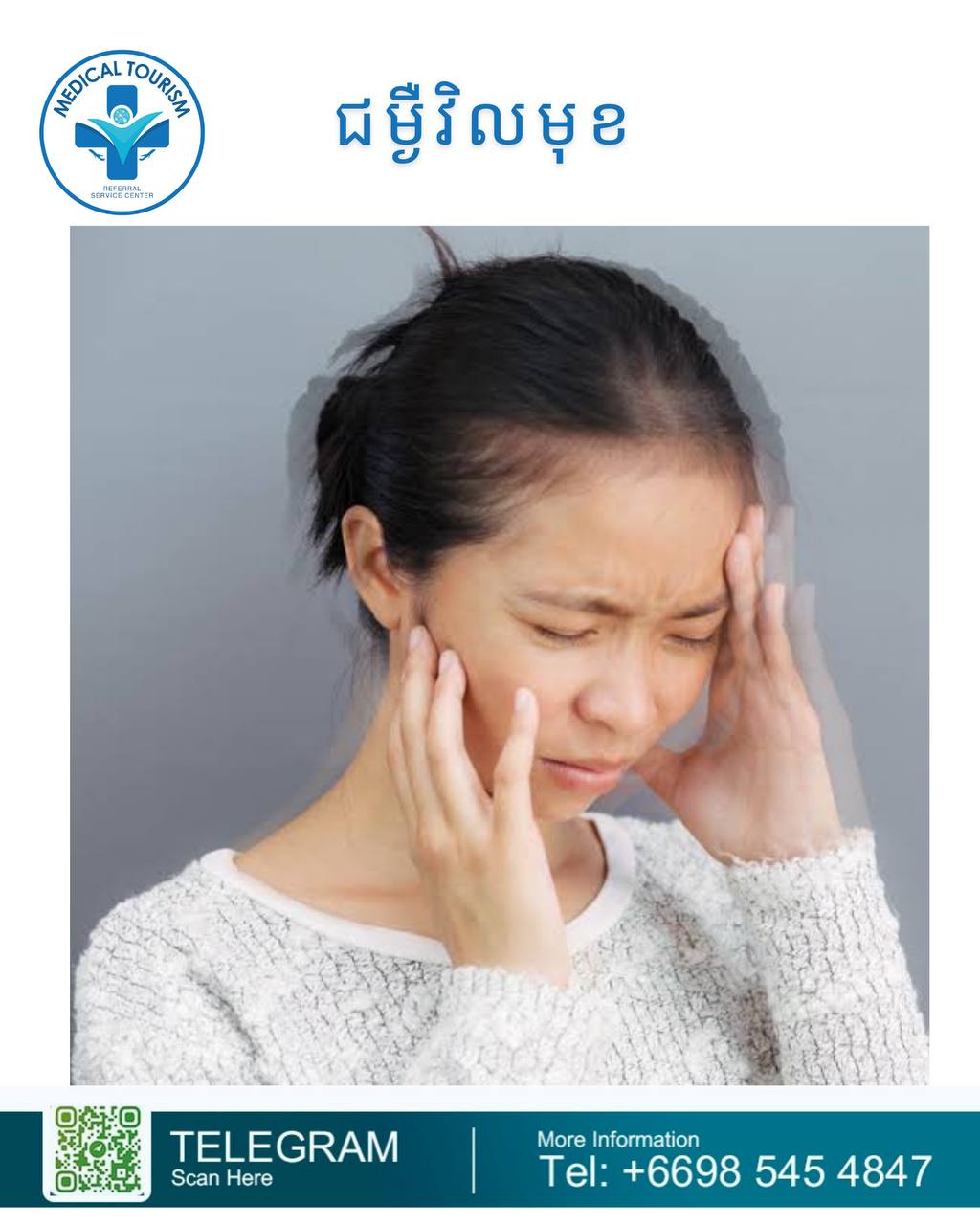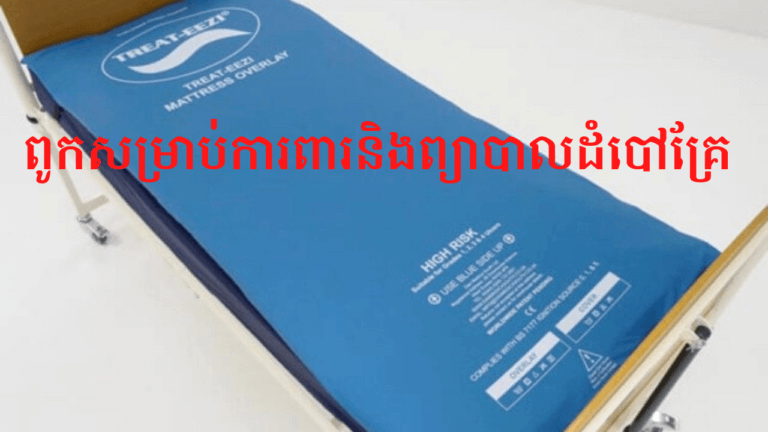Diseases November 29th, 2024
Vertigo

Vertigo refers to the sensation that you or your surroundings are spinning or moving when no such movement is occurring. It is a symptom rather than a condition itself and often relates to problems in the inner ear or the brain.
Common Causes of Vertigo
1. Inner Ear Disorders:
• Benign Paroxysmal Positional Vertigo (BPPV): Caused by small crystals moving in the inner ear, leading to brief episodes of spinning triggered by head movements.
• Meniere’s Disease: A chronic condition involving fluid buildup in the inner ear, causing vertigo, tinnitus (ringing in the ear), and hearing loss.
• Labyrinthitis or Vestibular Neuritis: Infections causing inflammation of the inner ear or nerve, resulting in sudden, intense vertigo.
2. Central Causes:
• Migraine-Associated Vertigo: Linked to migraines, often accompanied by headaches or sensitivity to light and sound.
• Stroke or Tumors: Rare but possible causes involving the brain.
3. Other Causes:
• Medications: Certain drugs may cause dizziness or vertigo as a side effect.
• Head Injury: Trauma to the head or neck can lead to vertigo.
• Anxiety Disorders: Can mimic or contribute to vertigo-like symptoms.
Symptoms of Vertigo
• Spinning or swaying sensation
• Nausea or vomiting
• Balance issues
• Difficulty focusing the eyes
• Ringing in the ears or hearing loss (in some cases)
Treatment Options
1. For BPPV:
• Canalith repositioning maneuvers (e.g., Epley maneuver) performed by a healthcare professional.
2. For Meniere’s Disease:
• Low-sodium diet, diuretics, or medications to reduce symptoms.
• Severe cases might require surgery.
3. For Vestibular Neuritis/Labyrinthitis:
• Anti-inflammatory or antiviral medications.
• Vestibular rehabilitation exercises.
4. Other Approaches:
• Medication: Antihistamines, anti-nausea drugs, or sedatives.
• Physical Therapy: Vestibular rehabilitation to improve balance.
• Lifestyle Changes: Avoiding triggers like stress or certain foods.
- Tags:
- Vertigo, ជំងឺវិលមុខ



